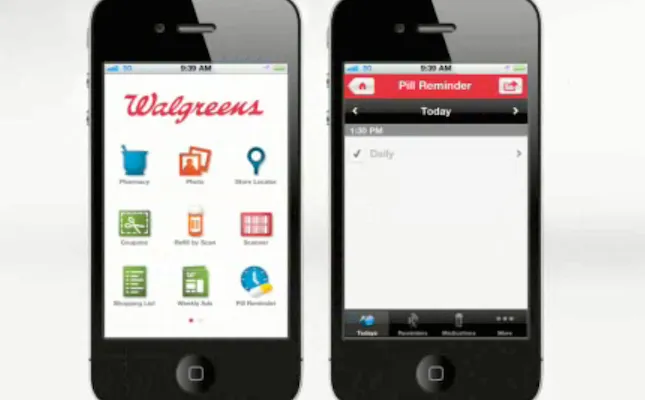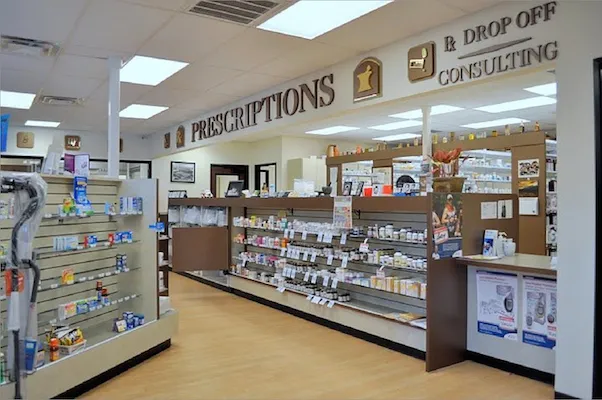Here’s some news that pharmacy retailers can use: Patients with chronic diseases are eager to use mobile tools to better manage their health.
Mobile engagement provider Mobiquity commissioned independent research firm Research Now to survey 1,000 patients suffering from chronic conditions (arthritis, asthma, cancer, COPD, diabetes, heart disease, hypertension, obesity and osteoporosis). Of those patients, 63% consider managing their condition themselves “extremely important.”
In the survey, 20% of chronic disease patients cited “remembering to take medication” as a key health care challenge.
What’s more, a third of patients with chronic diseases don’t currently use mobile apps to manage their conditions but would like to start, and one in four respondents think wearable devices are the way of the future.
When asked about the most challenging aspects of managing their conditions, 26% of chronic disease patients agreed that finding a direct means of communicating with health professionals presents the biggest hurdle. Other key challenges include monitoring changes in health (25%), remembering to take medication (20%) and keeping up to date with medical advancements, treatments, etc. (18%).
Just 24% of respondents overall reported using smartphones, apps or wearables to manage their conditions, yet 85% of those patients said they are helpful as a health care tool.
Of those surveyed, 40% feel mobile tools play an integral role in overall health care. When asked the most important thing a mobile tool could do to help manage their chronic conditions, respondents said “keep me healthier” (42%) and “lift the burden of self-monitoring” (18%).
The people most likely to use smartphones, apps or wearables to manage their health conditions are patients managing asthma (30%) and obesity (30%).
Eighty-nine percent of chronic patients indicated that they believe in taking a more central role in monitoring their health, including conducting regular research/reading to stay up to date on recent treatment and advances (50%); asking their doctor if there are tools they could be using to monitor their health outside of the doctor office (48%); bringing information/tools to their doctor (47%); and taking responsibility for finding tools that monitor their health (40%).
Interestingly, Mobiquity said, nearly 50% of patients think they should bring information/digital tools to their doctor — rather than the other way around — reflecting their desire to be actively involved in managing their own health.
“These findings confirm a trend we’ve been seeing, that patients are becoming the CEO of their own health care,” commented Scott Snyder, president and chief strategy officer at Mobiquity. “The days of leaving it solely to their doctor are gone. The findings of this study should serve as a wake-up call to those in the industry that we can dramatically improve overall health outcomes with the right tools and education. Patients are hungry for tools that make managing their conditions easier, not more complicated. And they need to be easy to find.”
Respondents also believe wearables have a bright future ahead. Twenty-three percent said they don’t currently use wearables but would like to start, and 11% said it’s too hard to remember to use a mobile app alone. Also, 26% indicated that they will only consider using no-touch tools (such as wearables) to monitor their health.
“As wearables such as The Apple Watch and Fitbit become more mainstream, the healthc are industry will need to find ways to integrate them into the management of chronic conditions,” Snyder added. “Not only will it help patients better manage their health, but it will also improve outcomes by arming both patients and doctors with more relevant, individualized information.”









